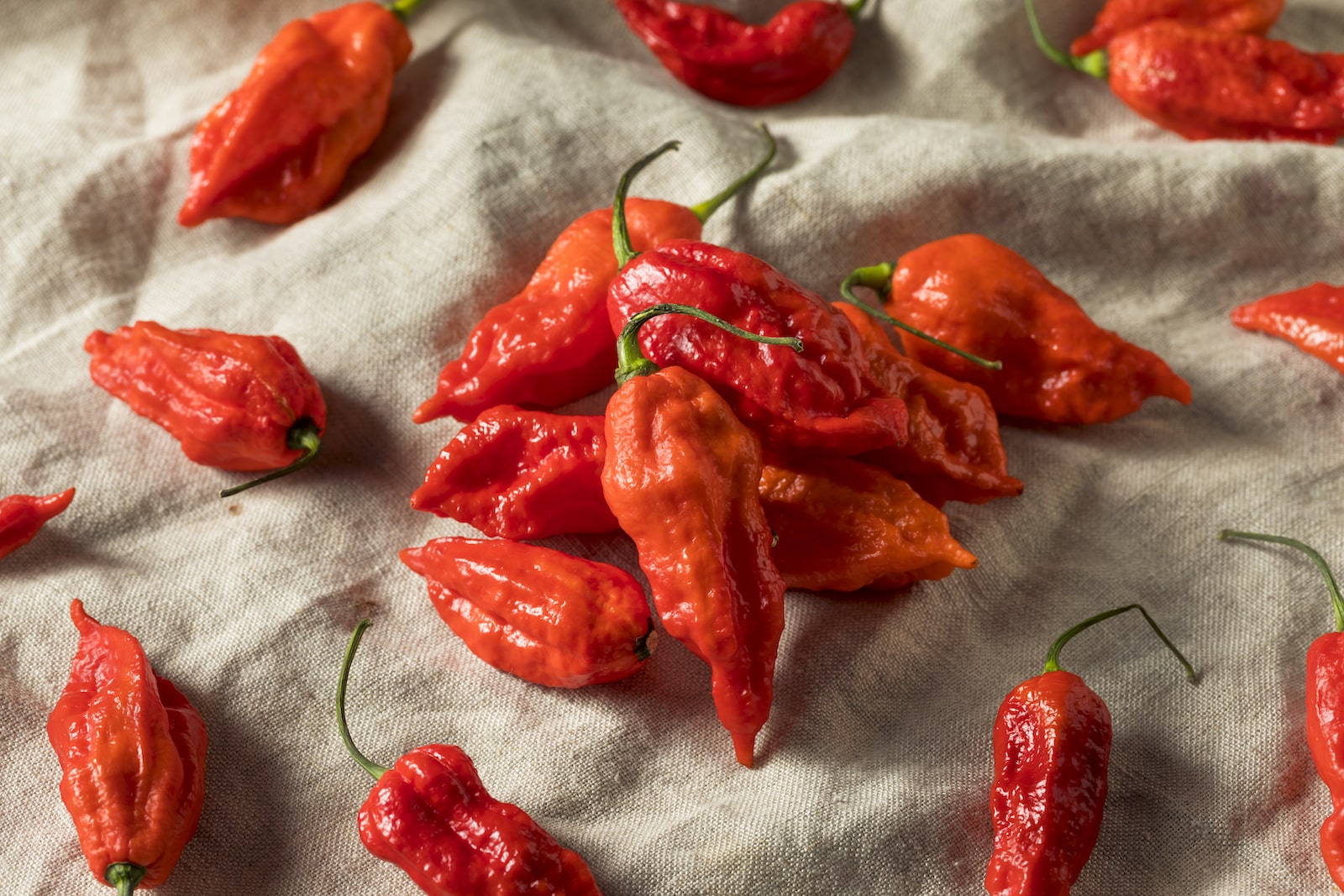Welcome to Facts Vibes! Today, we’re spicing things up with some fiery and flavorful fun facts about peppers. From the hottest varieties to their surprising health benefits, prepare to add some heat to your knowledge about these vibrant veggies!
Exploring the Fascinating World of Peppers: Fun Facts to Know
Exploring the Fascinating World of Peppers: Fun Facts to Know
Peppers are a diverse and intriguing group of vegetables that have captivated people’s taste buds and curiosity for centuries. Here are some fun facts to know about these spicy wonders:
1. Hotness Variety: Peppers come in a wide range of heat levels, measured on the Scoville scale. From the mild bell pepper to the fiery Carolina Reaper, there’s a pepper for every palate.
2. Rich History: Peppers have a long history, with evidence of their cultivation dating back thousands of years in Central and South America. They played a significant role in the culinary and cultural traditions of these regions.
3. Nutritional Powerhouse: Peppers are not only flavorful but also packed with essential nutrients like vitamin C, vitamin A, and antioxidants, making them a great addition to a healthy diet.
4. Colorful Varieties: Peppers come in an array of hues, including red, green, yellow, orange, and even purple. Each color often indicates a different stage in the pepper’s ripening process and offers a unique flavor profile.
5. Global Appeal: Peppers have made their way into cuisines around the world, adding depth and heat to dishes in countries from Mexico to India to Thailand.
6. Botanical Diversity: While commonly associated with spicy flavors, not all peppers are hot. Some, like sweet bell peppers, offer a mild and pleasant taste, highlighting the amazing diversity within this plant family.
7. Health Benefits: The compound capsaicin, found in hot peppers, has been studied for its potential health benefits, such as boosting metabolism and providing pain relief.
Whether you enjoy the heat or prefer a milder flavor, it’s undeniable that peppers bring a unique and vibrant element to the world of cuisine and culture.
Remember to handle with caution when working with hot peppers, as their oils can cause discomfort if they come into contact with sensitive areas or skin. Always wash your hands thoroughly after handling them!
Most popular facts
Peppers belong to the nightshade family, which also includes tomatoes, potatoes, and eggplants.
Peppers belong to the nightshade family, which also includes tomatoes, potatoes, and eggplants.
The burning sensation in peppers comes from a chemical compound called capsaicin.
Yes, the burning sensation in peppers comes from a chemical compound called capsaicin.
The hottest part of a pepper is the white membrane inside, not the seeds.
True. The hottest part of a pepper is the white membrane inside, not the seeds.
Peppers can come in a variety of colors, including red, green, yellow, and orange.
Sure! Peppers can come in a variety of colors, including red, green, yellow, and orange.
The Scoville scale measures the spiciness of peppers.
The Scoville scale measures the spiciness of peppers.
Bell peppers are technically fruits, not vegetables.
Yes, bell peppers are technically fruits, not vegetables.
Around 80% of the world’s population consumes peppers in some form.
Around 80% of the world’s population consumes peppers in some form.
Peppers are rich in vitamins A and C.
Peppers are rich in vitamins A and C.
Chile peppers were first domesticated in Central and South America over 6,000 years ago.
Chile peppers were first domesticated in Central and South America over 6,000 years ago.
Some peppers, like the Carolina Reaper, can be so hot that they cause temporary loss of vision if they come into contact with the eyes.
Yes, some peppers, like the Carolina Reaper, can cause temporary loss of vision if they come into contact with the eyes.
Capsaicin in peppers can help with pain relief and has been used in topical creams for arthritis.
Capsaicin in peppers can help with pain relief and has been used in topical creams for arthritis.
The world record for the hottest pepper is held by the Smokin’ Ed’s Carolina Reaper.
The world record for the hottest pepper is held by Smokin’ Ed’s Carolina Reaper.
Hungary is known for its paprika, a spice made from dried peppers.
Hungary is known for its paprika, a spice made from dried peppers.
In Mexico, it is believed that hot peppers can ward off evil spirits.
Yes, in Mexico, it is believed that hot peppers can ward off evil spirits.
Peppers have been used for centuries as a natural way to preserve food due to their antimicrobial properties.
Peppers have been used for centuries as a natural way to preserve food due to their antimicrobial properties.
In conclusion, peppers are a fascinating and versatile ingredient that can add a punch of flavor and heat to a wide range of dishes. From their diverse colors and shapes to their nutritional benefits and culinary uses, peppers offer a rich tapestry of fun facts to explore and appreciate. Whether you enjoy them raw, cooked, or as a condiment, the world of peppers is truly remarkable and worth savoring in all its spicy glory.
